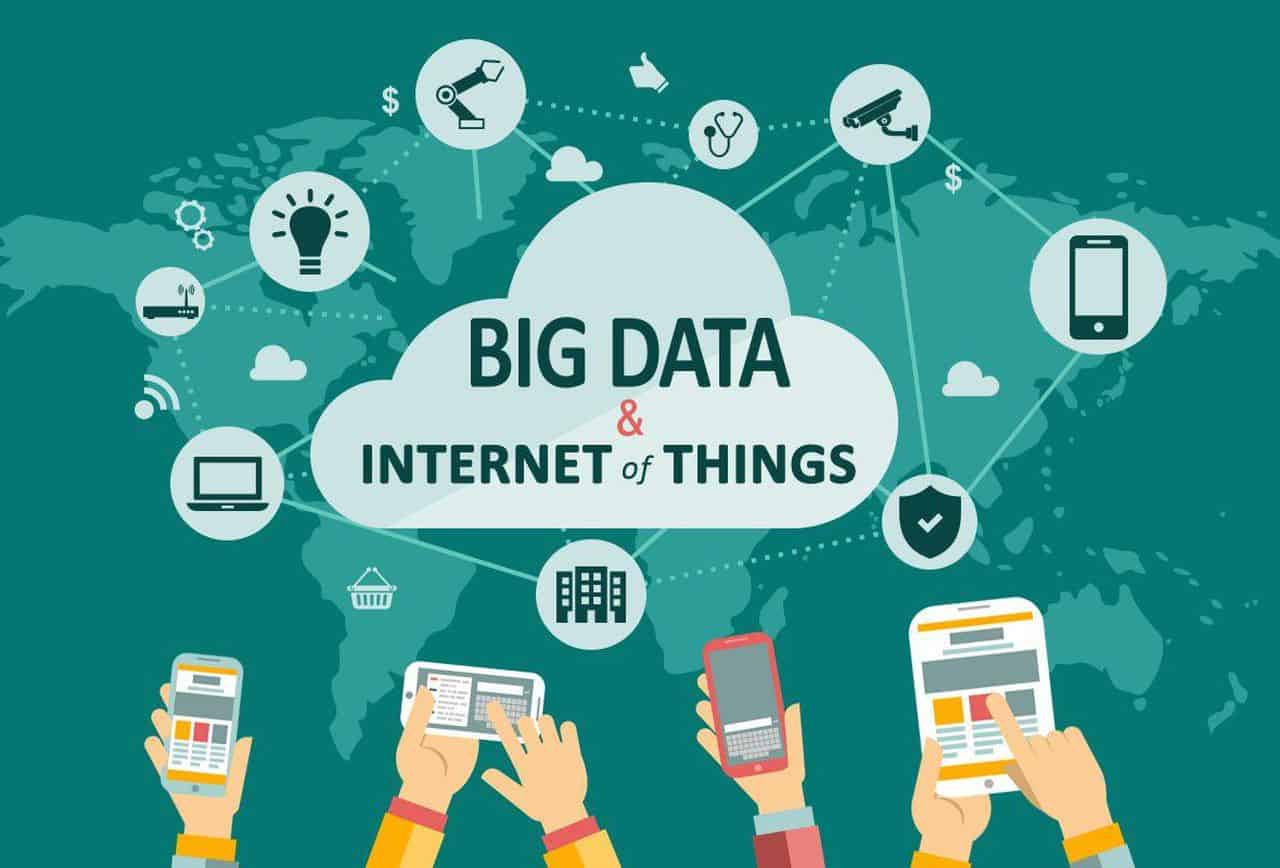1. 5G vs 4G: speed and latency
 Well, obviously, when you put 5G vs 4G, then it goes without saying that that the next generation is going to be faster. After all, that's why it's called the next generation.To be more precise, 5G is expected to reach as much as 20 gigabits per second which is much faster than what any LTE based network can ever reach at the moment. In fact, even Google Fiber is at 1 gigabit per second which ultimately makes it 19 times slower? Talk about improvement.Though, this only talks about the theoretical peak performance. Real-world usage is expected to give us about 100 Mbps - which is still quite fast.The fastest 4G LTE download speeds are at about 150 megabits with theoretical speeds going as high as 300. But, do keep in mind that this only refers to controlled laboratory environments as real-world usage typically gives you about 20-60 Mbps.So, when everything is said and done, at this point in time, 5G is expected to be about 2-3 times faster than 4G LTE. However, it's not all about speed. 5G will also have several times lower latency which goes as low as 1ms. That super low latency now allows for extended use of things like IoT.
Well, obviously, when you put 5G vs 4G, then it goes without saying that that the next generation is going to be faster. After all, that's why it's called the next generation.To be more precise, 5G is expected to reach as much as 20 gigabits per second which is much faster than what any LTE based network can ever reach at the moment. In fact, even Google Fiber is at 1 gigabit per second which ultimately makes it 19 times slower? Talk about improvement.Though, this only talks about the theoretical peak performance. Real-world usage is expected to give us about 100 Mbps - which is still quite fast.The fastest 4G LTE download speeds are at about 150 megabits with theoretical speeds going as high as 300. But, do keep in mind that this only refers to controlled laboratory environments as real-world usage typically gives you about 20-60 Mbps.So, when everything is said and done, at this point in time, 5G is expected to be about 2-3 times faster than 4G LTE. However, it's not all about speed. 5G will also have several times lower latency which goes as low as 1ms. That super low latency now allows for extended use of things like IoT.2. 5G vs 4G: Internet of Things (IoT)
 This is another part where 5G prevails. Thanks to the ultra-low latency that it provides, 5G allows us to use it with the Internet of Things - basically various devices that are connected to the Internet in one way or another.If you're not too familiar with this term, well, just look at smart home devices. Smart home devices allow you to connect them into your local network and some of them can be controlled even remotely.Now, imagine a world where literally everything is connected. Cars, fridges, smartwatches, etc. We're already partially there, but 5G will bring that to the next level for sure. Yeah, it is a kind of an ambitious project. But, that's how humanity progresses - with one tiny step at a time.4G just can't reach that level where everything is constantly connected because of the bandwidth requirements, the relatively high response time that it has, and because it doesn't allow numerous devices to benefit from a single connection like 5G does.The super low-latency that 5G offers also allows for a better online gaming experience where response time is crucial along with real-time streaming and video calling/chatting. Furthermore, real-time operations over a distance will also become possible.So, all things considered, 5G is faster, offers lower latency, and is generally better in every single way. Right? Well, not so fast. Despite all of the advantages that 5G will have, it also has a couple of shortcomings as well.
This is another part where 5G prevails. Thanks to the ultra-low latency that it provides, 5G allows us to use it with the Internet of Things - basically various devices that are connected to the Internet in one way or another.If you're not too familiar with this term, well, just look at smart home devices. Smart home devices allow you to connect them into your local network and some of them can be controlled even remotely.Now, imagine a world where literally everything is connected. Cars, fridges, smartwatches, etc. We're already partially there, but 5G will bring that to the next level for sure. Yeah, it is a kind of an ambitious project. But, that's how humanity progresses - with one tiny step at a time.4G just can't reach that level where everything is constantly connected because of the bandwidth requirements, the relatively high response time that it has, and because it doesn't allow numerous devices to benefit from a single connection like 5G does.The super low-latency that 5G offers also allows for a better online gaming experience where response time is crucial along with real-time streaming and video calling/chatting. Furthermore, real-time operations over a distance will also become possible.So, all things considered, 5G is faster, offers lower latency, and is generally better in every single way. Right? Well, not so fast. Despite all of the advantages that 5G will have, it also has a couple of shortcomings as well.3. 5G vs 4G: pricing, data plans, range, and health concerns
https://www.youtube.com/watch?v=ohbpuBO6-9Q&t=228sFirst of all, 5G phones are expected to be considerably more expensive compared to what we've got right now. OnePlus, which, as we know at the moment will be the first phone manufacturer to bring a 5G device, has mentioned that their 5G enabled phones will cost $200-300 more than what they already have.So, when it comes to pricing, 4G phones have the upper hand. In fact, even some of the cheapest devices that you can get right now support 4G connectivity.Secondly, there is the concern of data plans. Sure, we'll have superior download speeds. But, most of us are already struggling to get a decent data plan where even 10 gigabytes can cost you quite a bit. With that being said, if nothing is done about data pricing, then we'll have a rough time in taking advantage of these faster speeds.Then there is the fact that 5G networks will operate at a much higher frequency range than any of our previous networks. This raises two primary concerns:- Range and connection reliability
- Health issues
Is 5G harmful for our health?
 This is a topic that we've talked about before with our current networks. It gets a little bit deep, but, to summarize it in a few sentences, our smartphones are operating at frequencies that are far, far below on what's considered to be harmful.And the same concept applies to 5G. True, it's operating at much higher frequencies than any of the previous generations. But, all of its frequencies are far below on what we know as harmful radiation; aka ionizing radiation.As seen on Wikipedia, Ionizing radiation starts at a bit above the 3 PHz mark. 5G, on the other hand, is expected to get as high as only 30 GHz which is even lower than the frequency of visible light that hits us for the biggest part of the day.So, to summarize, even though it's operating at a much higher frequency than 4G, 5G is expected to be just as safe. Though with that being said, caution is always advised with such things and we really won't know for sure until we get to live with that technology for at least a few years.We don't mean to scare you, but there have been rumors of 5G tests killing birds. But, then again, a similar thing happened with Rats that were exposed to 3G/4G frequencies for an extended period of time and we've been using these networks for quite some time now without seeing brain cancer rates going up.Really, at the end of the day, chances are that we won't know if 5G is harmful or not until the damage has already been done. Still, the good news is that at least the numbers are on our side.
This is a topic that we've talked about before with our current networks. It gets a little bit deep, but, to summarize it in a few sentences, our smartphones are operating at frequencies that are far, far below on what's considered to be harmful.And the same concept applies to 5G. True, it's operating at much higher frequencies than any of the previous generations. But, all of its frequencies are far below on what we know as harmful radiation; aka ionizing radiation.As seen on Wikipedia, Ionizing radiation starts at a bit above the 3 PHz mark. 5G, on the other hand, is expected to get as high as only 30 GHz which is even lower than the frequency of visible light that hits us for the biggest part of the day.So, to summarize, even though it's operating at a much higher frequency than 4G, 5G is expected to be just as safe. Though with that being said, caution is always advised with such things and we really won't know for sure until we get to live with that technology for at least a few years.We don't mean to scare you, but there have been rumors of 5G tests killing birds. But, then again, a similar thing happened with Rats that were exposed to 3G/4G frequencies for an extended period of time and we've been using these networks for quite some time now without seeing brain cancer rates going up.Really, at the end of the day, chances are that we won't know if 5G is harmful or not until the damage has already been done. Still, the good news is that at least the numbers are on our side.Conclusion
By putting 5G vs 4G to the test, we can see that 5G is superior in almost every single way. Sure, there are a couple of disadvantages/shortcomings. However, we are expecting that we'll be able to overcome those with the passage of time.Feel like we forgot to mention something important? Got something wrong? Then let us and everyone else know about it in the comments section down below!Like what you see? Then don't forget to follow us on Facebook and Twitter for the latest news, reviews, listicles, apps, games, devices, how-to guides, and more!SOURCES: TECHQUICKIE, WIKIPEDIA 1, 2, 4G.CO, DAVE LEE
Similar / posts
5G vs 4G: advantages and disadvantages of the next generation of connectivity
December 27th, 2018
Updated on February 14th, 2022
5G vs 4G: advantages and disadvantages of the next generation of connectivity
December 27th, 2018
Updated on February 14th, 2022
5G vs 4G: advantages and disadvantages of the next generation of connectivity
December 27th, 2018
Updated on February 14th, 2022
